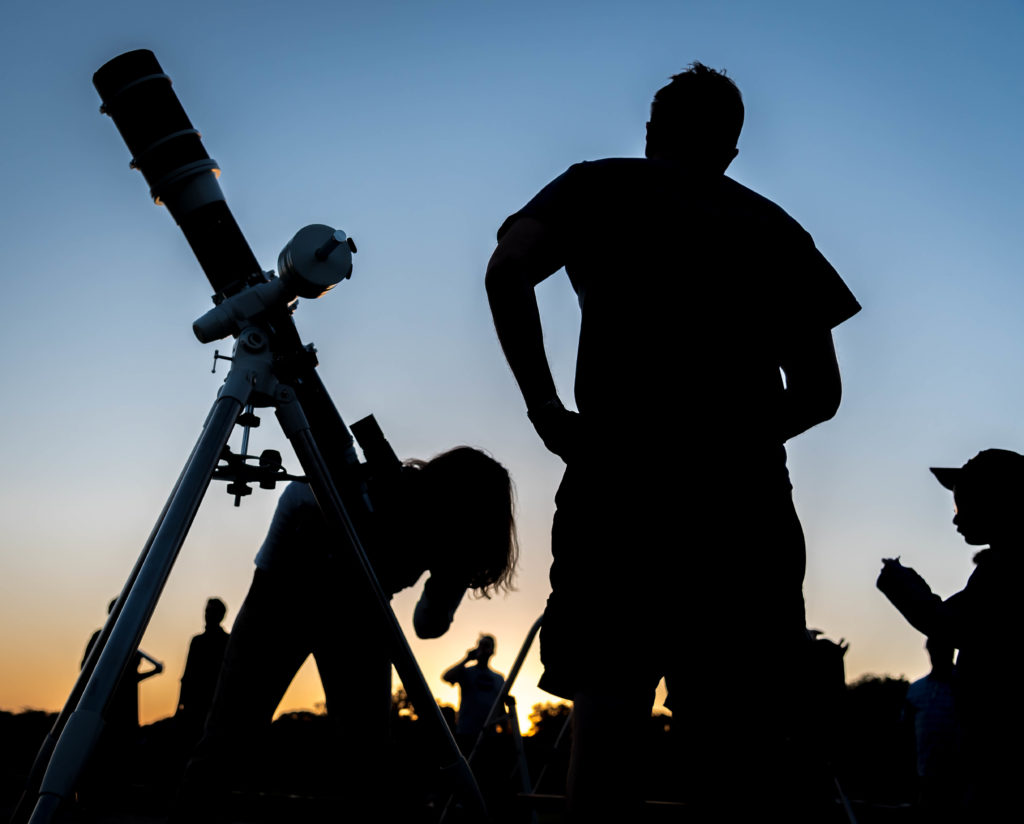
Newcomers to astronomy and casual stargazers are sometimes disappointed by their first glimpses through a telescope, especially when looking at deep-sky sights like star clusters, galaxy, and nebulae. They look through the eyepiece, see a dim smudge without much detail or any color, and conclude that one dim smudge looks like all the others. Some become disillusioned, wonder what all the fuss is about, and take up bird watching instead.
Like most activities, however, looking through a telescope takes a little skill and practice. But once you get the hang of it, you can learn to see an astonishing amount of subtle detail, even in a small telescope. The image of a distant galaxy or star cluster in your telescope will never rival the pro-quality photographs you see in books and magazines. But with a little practice, you’ll learn to observe subtle detail and structure in faint objects that even the best cameras will never capture. Here are a few tips to help you get the best view of ‘faint fuzzies’ through a telescope… [Read more…] about How to Look Through a Telescope
Share This:

